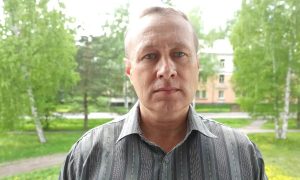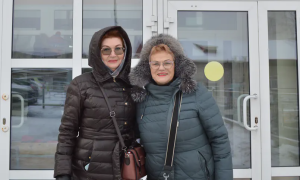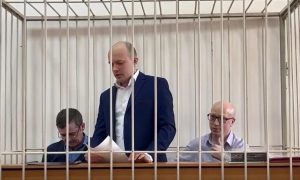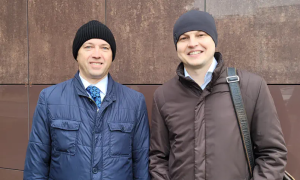Ensuring respect for the freedom of thought, conscience, religion or belief is a pillar of our shared OSCE commitments and the OSCE’s comprehensive concept of security. As recently as the Kyiv Ministerial meeting in 2013, participating States “committed to ensuring respect for and enjoyment of freedom of thought, conscience, religion or belief for all.†Our ministers reaffirmed “the commitments of participating States to respect, protect, and ensure the right of everyone to freedom of thought, conscience, religion or belief.†Likewise, our ministers called on all participating States to “fully implement their commitments to ensure the right of all individuals to profess and practice religion or belief, either alone or in community with others, and in public or private, and to manifest their religion or belief through teaching, practice, worship and observance, including through transparent and non-discriminatory laws, regulations, practices and policies.â€
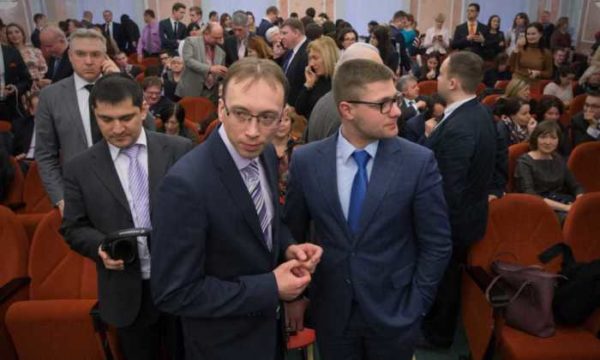 Â
Â
The United States is disturbed by reports regarding government harassment of religious groups and adherents in the Russian Federation. The reported raids on homes and places of worship, including those on April 10 in Ufa, April 18 in Polyarny, April 19 in Vladivostok, and April 20 in Shuya contradict Russia’s OSCE commitments. Regrettably, Russia continues to use its “anti-extremism†laws to curtail and criminalize the exercise of religious freedom.
The United States remains appalled by the Russian government’s decision in July 2017 to ban the Jehovah’s Witnesses, a peaceful religious group, as “extremist.†On May 3, a St. Petersburg court upheld the confiscation of the Jehovah’s Witnesses’ headquarters on the basis that the religious group has been banned as “extremist.†In a move that harkens back to Stalin’s Soviet Union, the Russian government will seize the Jehovah’s Witnesses’ property.
In response to our statements on this issue in July and September 2017, the Russian Federation repeatedly asserted that its efforts to combat so-called “extremism†would not interfere with the exercise of freedom of religion or belief and were only targeting “dangerous foreign entities.†The opposite is the case.
It seems Russia’s actions in contravention of OSCE commitments may be spilling over into other parts of the OSCE region. We urge other participating States not to repress the exercise of freedom of religion or belief and justify repression in the name of security. Only through respect for human rights and fundamental freedoms, including the freedom of religion or belief, can the region work toward true security.
In closing, we renew our call on Russia to immediately release all those imprisoned simply for exercising their freedom of religion or belief. According to Memorial there were 103 prisoners of conscience in the Russian Federation. We urge Russia to release prisoners of conscience unfairly held in pre-trial detention and drop any ongoing criminal investigations into their activities. We call on Russia to halt the seizure of the Jehovah’s Witnesses headquarters property, and abide by its international obligations and OSCE commitments to respect freedom of thought, conscience, religion or belief for all.
Thank you, Mr. Chair.

